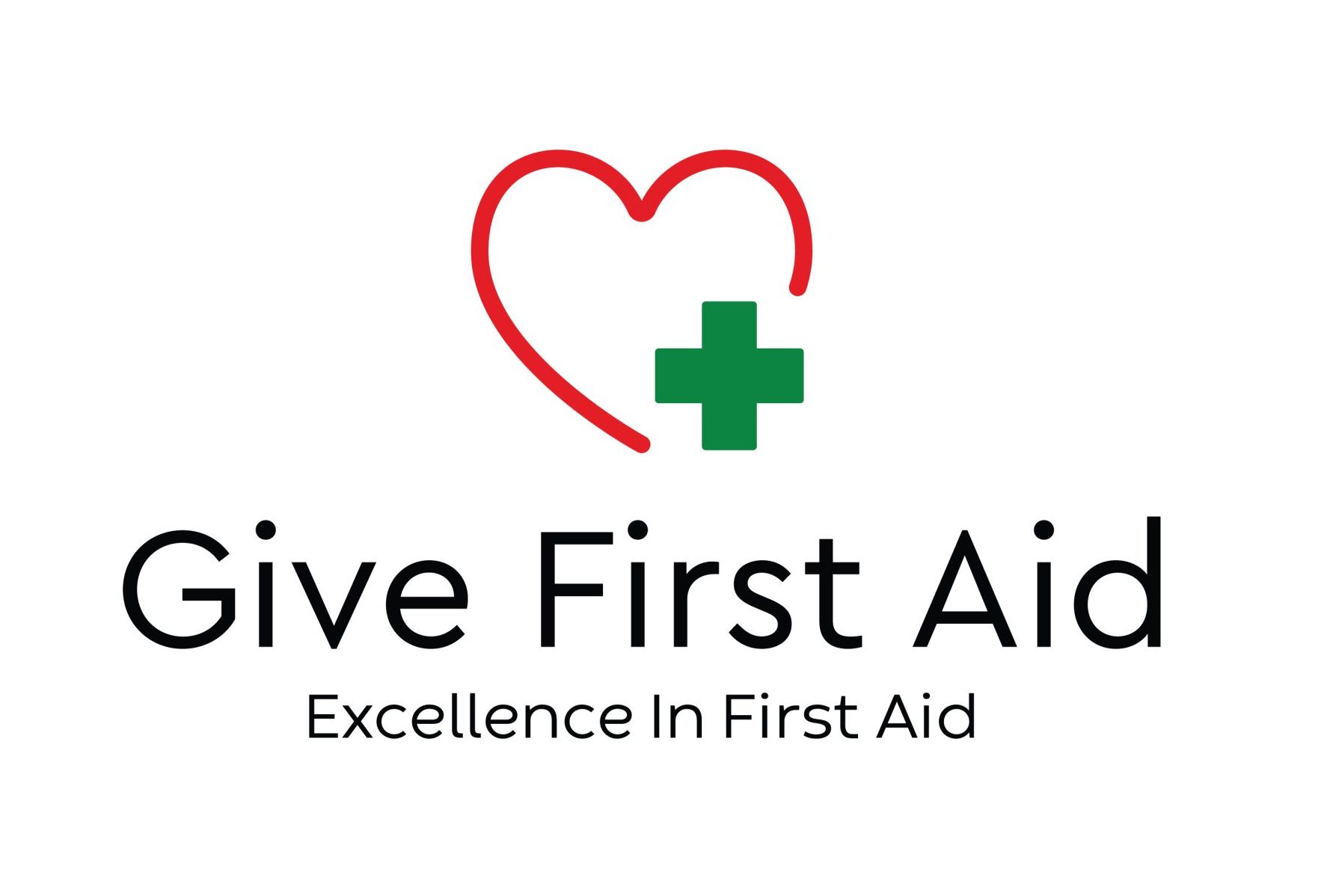Allergic Reaction
What causes an allergic reaction?
Allergies appear to run in families, which means they can be inherited. If you have a close family member who has allergies, you’re at greater risk for developing them.
The reasons why allergies develop are unclear, but some substances are known to commonly cause an allergic reaction. People who have allergies are typically allergic to one or more of the following:
- pet dander, such as the kind from a cat or dog
- bee stings or bites from other insects
- certain foods, including nuts and shellfish
- certain medications, such as penicillin and aspirin
- certain plants
- pollen
- mold
- dust mites
What are the symptoms of an allergic reaction?
The symptoms of an allergic reaction can vary from mild to severe. If you become exposed to an allergen for the first time, your symptoms may be mild. These symptoms may get worse if you repeatedly come into contact with the allergen.
Mild reaction
Symptoms of a mild allergic reaction can include:
- hives, or itchy red spots on the skin
- rash
- itching
- allergic rhinitis, which may lead to symptoms such as nasal congestion or sneezing
- scratchy throat
- watery or itchy eyes
Severe reaction
Severe allergic reactions (usually to foods, insect stings, and medications) can cause the following symptoms:
- abdominal cramping or pain
- diarrhea
- nausea or vomiting
- pain or tightness in the chest
- difficulty swallowing
- difficulty breathing
- wheezing
- fear or anxiety
- heart palpitations
- flushing of the face
- swelling of the face, eyes, or tongue
- dizziness or vertigo
- weakness
- unconsciousness
How is an allergic reaction managed?
If you experience an allergic reaction and you don’t know what’s causing it, you may need to see a doctor to determine which substances you’re allergic to.
If you have a known allergy and experience symptoms, you may not need to seek medical care if your symptoms are mild.
In most cases, over-the-counter antihistamines, such as Benadryl, can be effective in controlling mild allergic reactions.
Login
Accessing this course requires a login. Please enter your credentials below!




